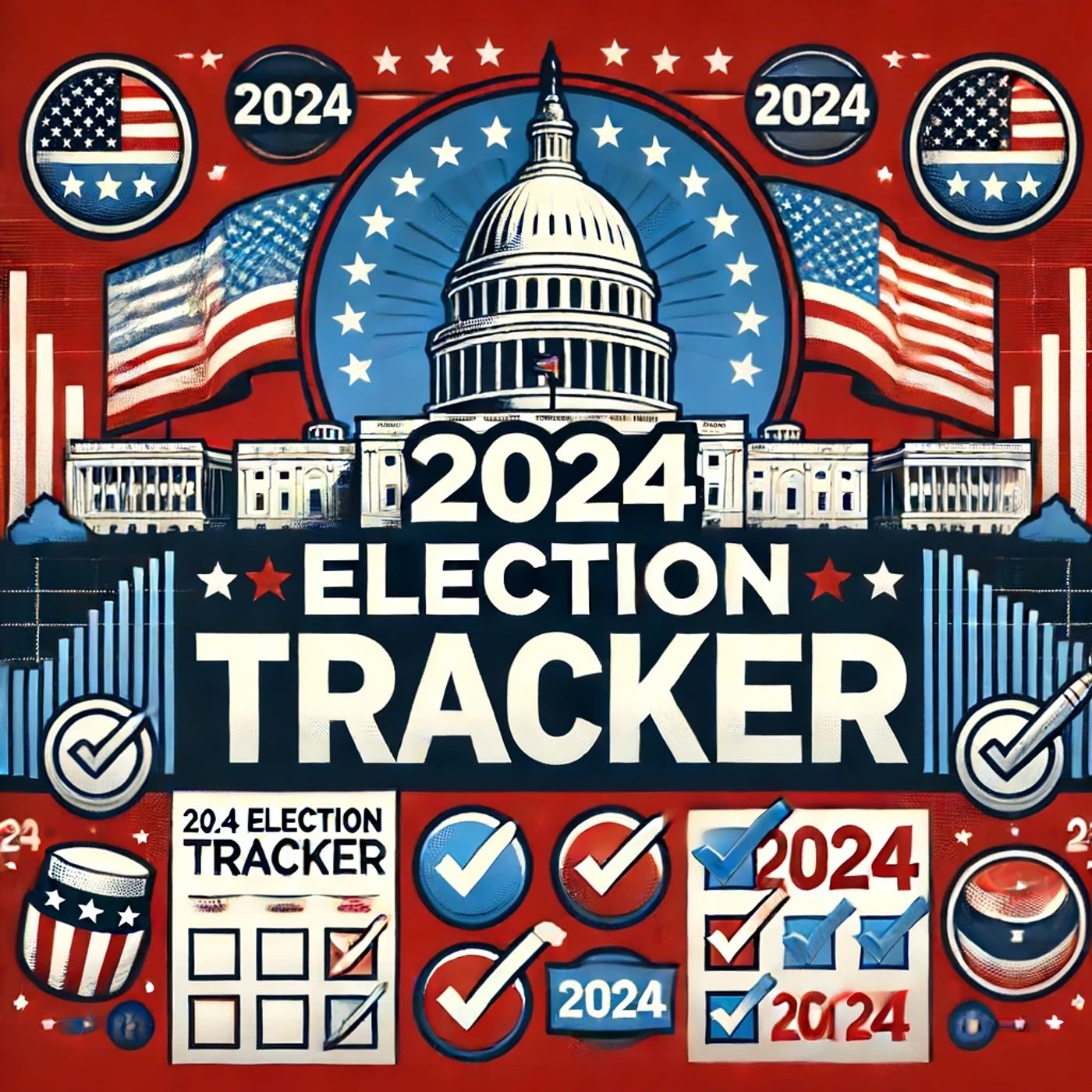
"Donald Trump's Triumphant Return to the White House: A Defining Moment in American Politics"

2024 Election Tracker - US President
Shownotes Transcript
Donald Trump has won the 2024 presidential election, securing another term as President of the United States. This victory marks a significant return to the White House for Trump, who previously served as the 45th president from 2017 to 2021. His opponent, Democratic nominee Kamala Harris, was the sitting Vice President and aimed to become the first female president. However, her bid was unsuccessful in what has been a closely watched and intensely contested race.Trump's victory in 2024 not only highlights his enduring influence within the Republican Party but also signals a critical juncture for the Democrats who now face introspection over their future direction and leadership. The election results, indicating considerable gains for Republicans in Congress, suggest a shift or affirmation of voter sentiments towards conservative policies and governance styles.The win poses questions about the implications of Trump's policies domestically and internationally. During his previous presidency, Trump was known for his unconventional approach to both governance and diplomacy, as well as his emphasis on renegotiating trade deals, stringent immigration policies, and a deregulatory agenda that favored industry and economic growth, often at odds with environmental and social welfare priorities.Now, with Trump's re-election, the global community is watching closely to see how U.S. foreign policy adjusts, especially in relation to key issues such as climate change, international alliances, and geopolitical tensions. Domestically, discussions are likely to focus on the administration's approach to healthcare, economic recovery post-pandemic, social justice, and managing political polarization.For the Democratic Party, this defeat might trigger a wave of reevaluation concerning their political strategy and leadership moving forward. It could prompt a reshuffling of party priorities and perhaps a reconsideration of how they connect with a broad base of voters, amidst the rising influence of progressive figures within the party who advocate for more substantial changes in policy and approach.Looking ahead, Donald Trump's presidency is poised to be a pivotal period in American politics, with potential long-term impacts on the nation’s legislative direction, judicial appointments, and overall global posture. The reactions to his governance, both at home and abroad, will be critical in shaping the forthcoming political landscape.
